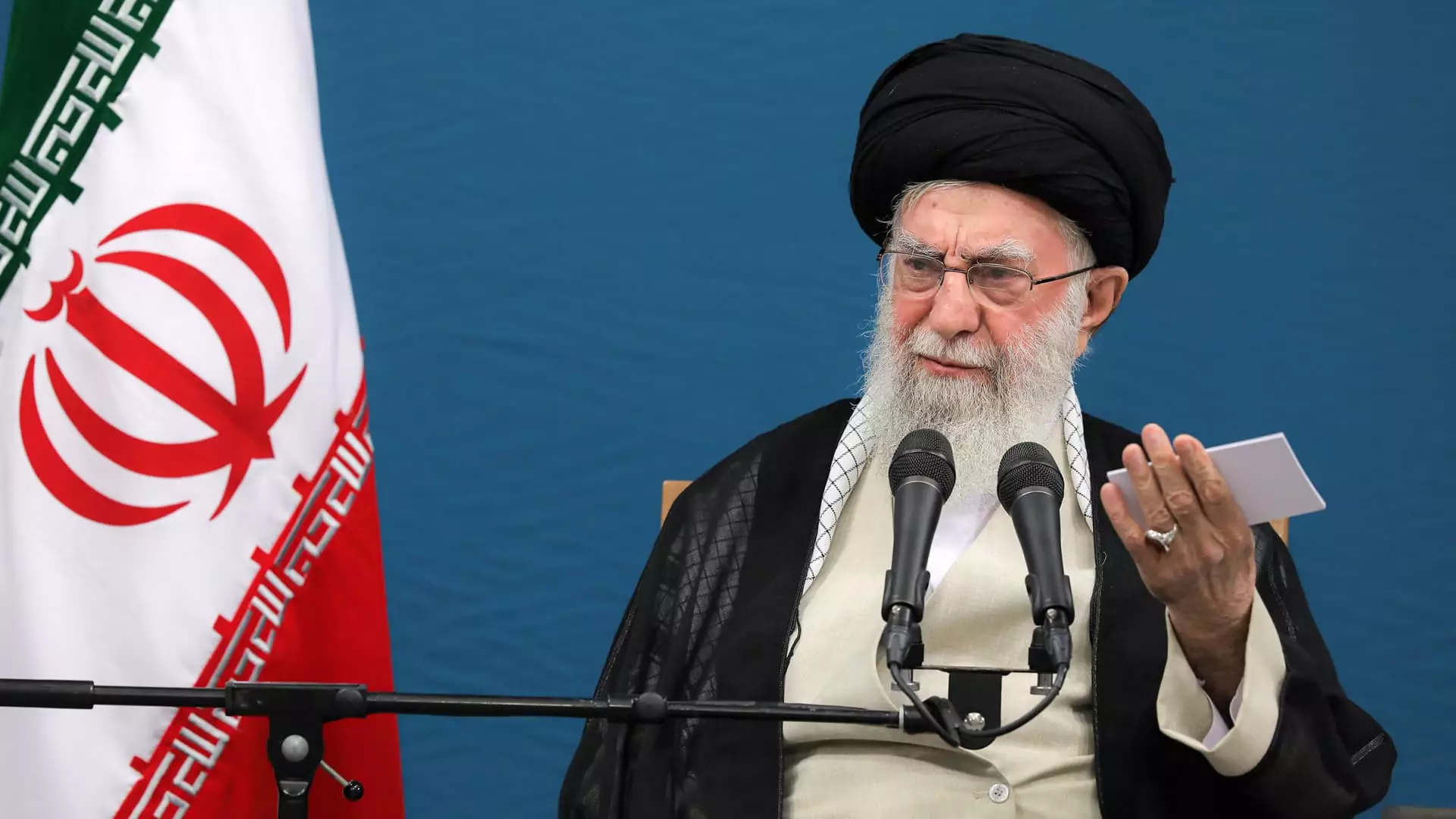Recent reports have surfaced claiming that the United States has informed its allies about Iran’s transfer of short-range ballistic missiles to Russia for its war in Ukraine. This shocking revelation comes as the White House continues to express its deep concern regarding Iran’s increasing support for Russia’s aggressive actions. While details on the number of weapons transferred or the timing of these exchanges remain undisclosed, the U.S. intelligence community stands by its findings, despite the lack of public disclosure on the matter.
The White House has reiterated its stance on the potential consequences of such transfers, emphasizing the grave implications it could have on the conflict in Ukraine. National Security Council spokesman Sean Savett highlighted that any transfer of Iranian ballistic missiles to Russia would not only escalate the conflict but also endanger the lives of innocent civilians in Ukraine. The partnership between Iran and Russia poses a significant threat to European security, underscoring the far-reaching influence of Iran’s destabilizing actions beyond the Middle East.
Russian Offensive and Ukrainian Request
The timing of this alleged transfer coincides with the ongoing struggle between Russian forces and Ukraine, with reports of Ukraine’s advances into Russian territory. Ukrainian President Volodymyr Zelenskyy has been seeking support from Western allies to strengthen their defense capabilities by allowing the use of Western-supplied missiles to strike deep inside Russia. This request comes as a response to Moscow’s aerial attacks on Ukraine, further complicating the already volatile situation in the region.
In typical fashion, Iran has vehemently denied the claims of providing military assistance to Russia, citing humanitarian concerns over the loss of lives and destruction caused by the conflict. The Iranian mission to the United Nations emphasized Iran’s commitment to promoting peace and urged other countries to abstain from supplying weapons to the conflicting parties. However, the denial does little to assuage the fears surrounding the alleged transfers and their implications on the ongoing conflict.
Global Defense Landscape
CIA Director William Burns raised alarm over the evolving defense relationships between Russia, China, Iran, and North Korea, posing a significant threat to not only Ukraine but also Western allies in the Middle East. The intricate web of arms transfers and technological collaboration among these countries has raised concerns about the potential for further destabilization in the region. The White House has been actively monitoring these developments and has taken steps to counter the proliferation of advanced weaponry through diplomatic channels.
International Response and Collaboration
The U.S. and its allies have been working together to thwart any attempts by Iran and Russia to engage in illicit arms transfers, issuing guidance to private companies to prevent inadvertent support for Iran’s missile development efforts. The upcoming meeting between President Joe Biden and British Prime Minister Keir Starmer underscores the importance of continued support for Ukraine in its defense against Russian aggression. The need for international collaboration and coordination in addressing the root causes of conflict and instability remains paramount in the face of growing threats posed by rogue states and their allies.
The alleged transfer of ballistic missiles from Iran to Russia has once again shed light on the complex web of international relations and arms proliferation that continue to threaten global security. The implications of such transfers on the conflict in Ukraine and the broader geopolitical landscape cannot be understated. As world leaders grapple with the challenges posed by these developments, the need for vigilance, cooperation, and proactive measures to prevent further escalation remains a top priority.


Leave a Reply